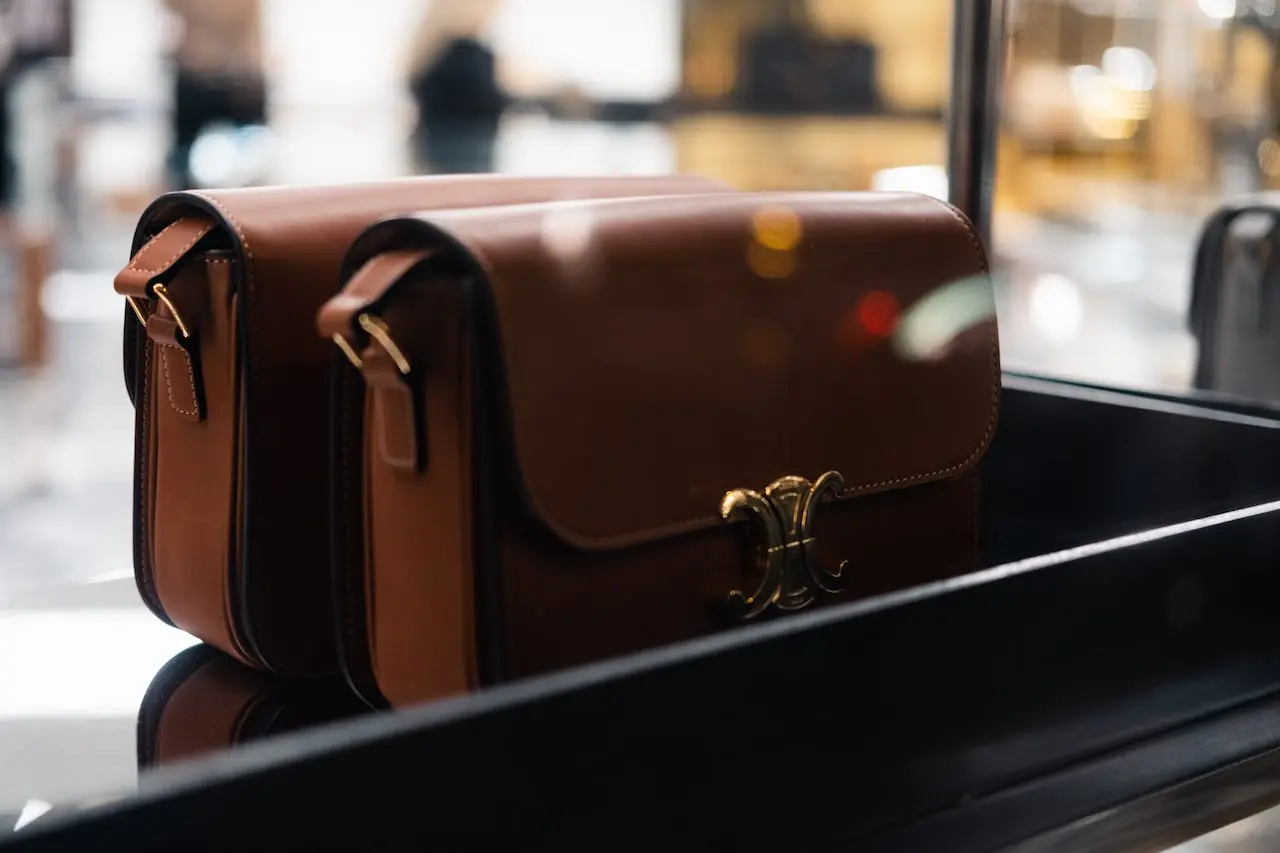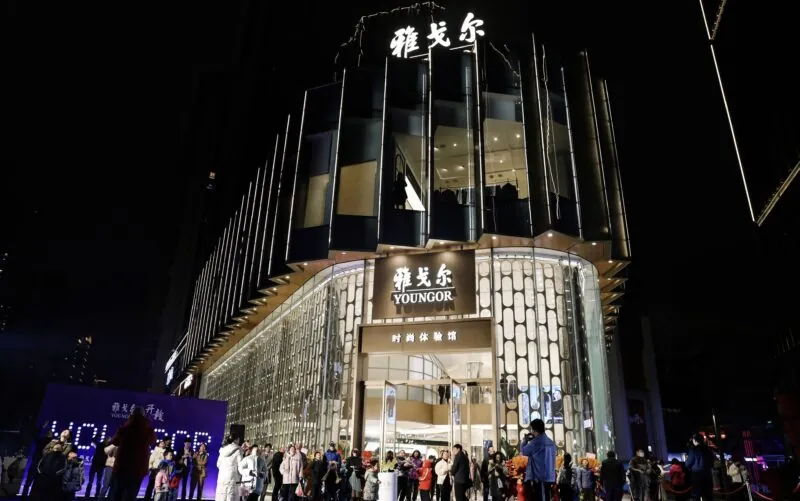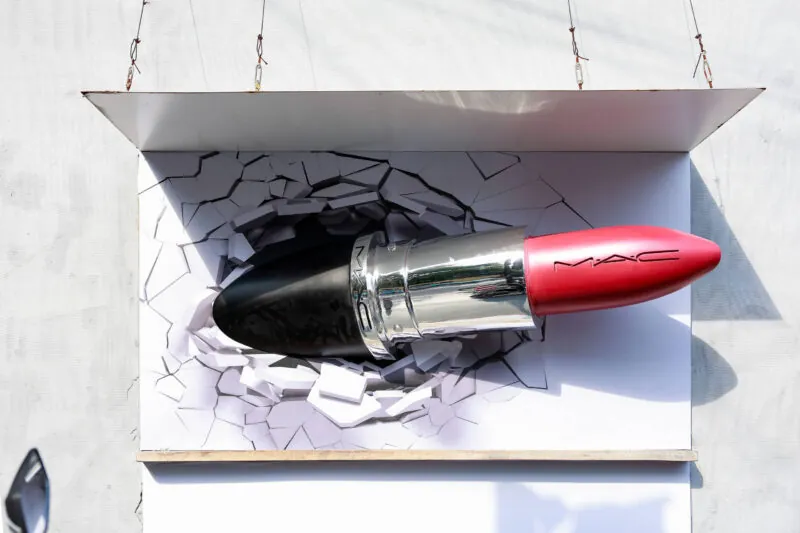The luxury fashion multinational Tapestry, which owns the handbag brands Coach and Kate Spade, has surprised analysts by raising its 2024 profit forecast. The company rode on strong China sales to clinch significant improvements in profit margins – a hard-fought victory in a mixed year for China’s luxury retail. The news comes as Tapestry prepares to acquire Capri Holdings, a move that will add giants like Versace, Jimmy Choo, and Michael Kors to its expanding brand portfolio.
“We’ve continued to see an uptick in travel spend from Mainland China tourists, with increases across Asia and Europe,” Tapestry’s Chief Financial Officer Scott Roe said. Coach was the best-performing brand, growing 6% in second-quarter revenue on the strength of its Tabby handbags whose sales nearly doubled over the year. This helped to offset declines from the Kate Spade and Stuart Weitzman brands.
Other luxury retailers including LVMH, Richemont, Ralph Lauren, and Canada Goose have also reported optimistic results from China in the past weeks. Richemont Group, which owns the brands Cartier and Van Cleef & Arpels, enjoyed 25% growth in China, helping to push the group to its highest-ever quarterly sales figure of 5.59 billion EUR (6.09 billion USD). Other brands fared less well. The British heritage label Burberry, for example, downgraded its operating profit forecast for the 2023/24 fiscal year after it was hit with particularly weak Christmas sales.
China’s retail growth including luxury slowed dramatically in the second half of 2023, defying predictions that a sustained post-pandemic spending spree in this key market would bolster faltering global markets. While the post-pandemic rebound is taking longer than expected, these positive earnings forecasts have reassured analysts that China will remain a key growth driver in the year ahead.
Competition in the luxury sector will remain extremely tough, however. High Net Worth Individuals are increasingly driving growth as middle-class consumers adopt a more conservative consumption mentality, meaning performance gaps between elite and aspirational luxury retailers are expected to widen further.









